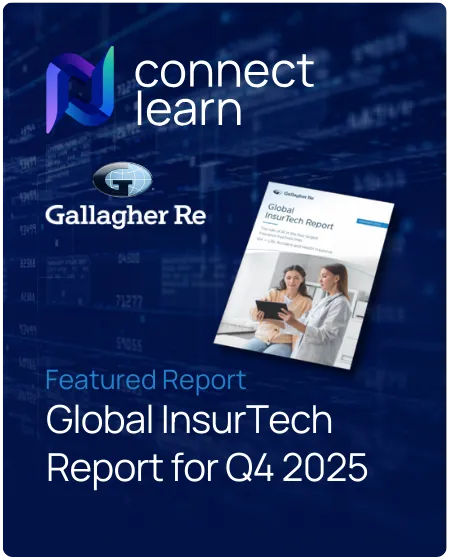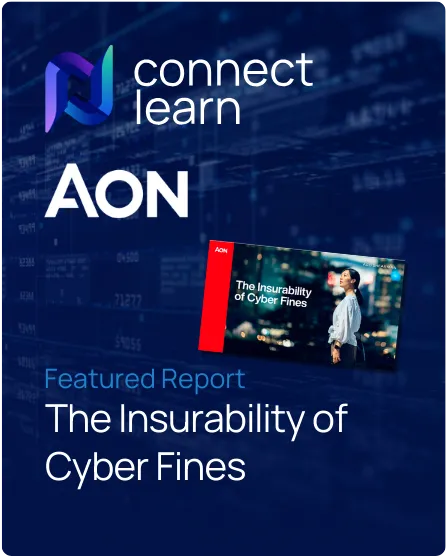Agentic artificial intelligence could create up to US$450 billion in economic value by 2028, according to a new report from the Capgemini Research Institute, and insurers have already set their sights on the technology.
The report suggests that 20% of insurance organisations are already piloting initial use cases of AI agents, with 12% having implemented it partially or at scale. However, only 4% of insurance organisations fully trust AI agents.
How agentic AI is growing
While the technology is gaining traction across sectors, including insurance, widespread adoption remains limited as concerns about trust, oversight and readiness continue to slow progress.
The report, Rise of Agentic AI: How trust is the key to human-AI collaboration, highlighted that only 2% of organisations have fully scaled AI agent deployments. Yet nearly all business leaders surveyed (93%) believe that doing so within the next year would provid competitive advantage.
For insurers, the technology presents opportunities to improve underwriting, claims processing and customer service, but it also introduces new risk considerations, both operational and insurable.
Trust in fully autonomous AI agents has declined sharply over the past year, dropping from 43% to 27%. In highly regulated industries like insurance, concerns about accountability, decision explainability, and ethical use are contributing to hesitation. Just 40% of organisations surveyed said they trust AI agents to manage tasks independently.
Capgemini’s findings suggested that insurers and other firms are prioritising human-AI collaboration models over full automation. In the insurance context, AI agents are being integrated into workflows to assist brokers, risk assessors, and service teams, rather than replace them. Respondents anticipate that this type of collaboration could lead to a 65% increase in time spent on higher-value tasks and a 49% rise in employee satisfaction.
While insurers are exploring the operational benefits of AI agents, they are also assessing potential exposures. The emergence of agentic AI is prompting questions about how such systems should be insured, both in terms of their own reliability and the liabilities they may generate. Some insurers are already developing covers for algorithmic risk, cyber exposure, and third-party liability linked to AI-driven processes.
The report indicates that as organisations move from pilot phases to implementation, trust in the technology tends to grow. Among those with active deployments, 47% report higher-than-average confidence in AI agents, compared to 37% in the exploratory phase.
However, readiness remains a barrier. According to the report, only 20% of organisations report having mature AI infrastructure, and fewer than one in five say they are highly data-ready. Privacy is the top concern for more than half of respondents (51%), but only a third (34%) are actively addressing it.
Current adoption is most advanced in customer service, IT, and sales, with projected expansion into operations, research, and marketing over the next three years. In insurance, this could extend to more advanced uses in policy issuance, automated claims decisions, and fraud detection.
Capgemini projected that organisations with scaled implementations could generate an average of US$382 million in value over the next three years, compared to US$76 million for those still in early stages.
For insurers, the report suggested that achieving this potential will require not only investment in technology, but also strategic changes to governance, risk frameworks, and organisational design to ensure AI agents operate within accepted ethical and regulatory bounds.














